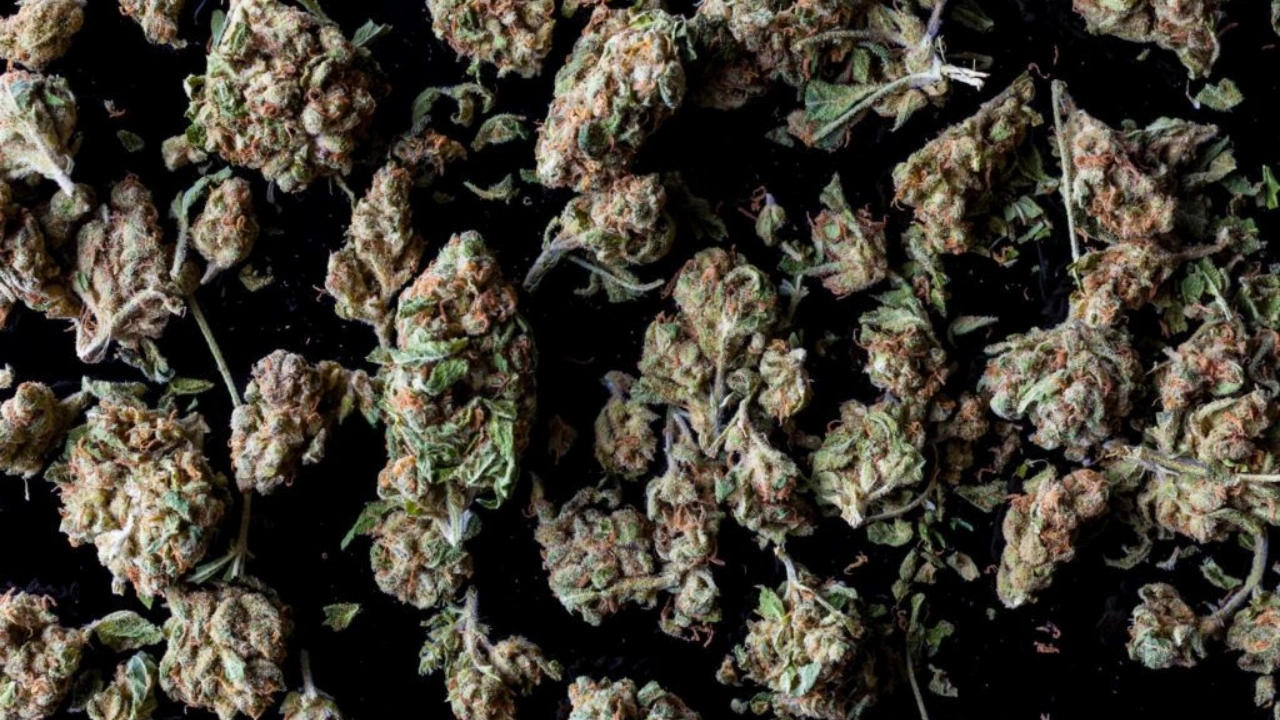Indigenous leaders are calling on Canada’s federal government to amend the Cannabis Act to allow for their “fulsome” participation in the industry after First Nations were largely excluded from the 2018 law legalizing adult-use marijuana.
According to a statement issued Thursday, the First Nations Leadership Council (FNLC) wants the amendments to cover issues of:
- Jurisdiction.
- Economic development.
- Taxation.
- Revenue sharing.
- Health and safety.
The FNLC also called on the province of British Columbia to continue to coordinate and consult with First Nations to align its cannabis laws with the United Nations Declaration on the Rights of Indigenous Peoples.
Canada’s federal and provincial governments failed to facilitate Indigenous participation in the legal cannabis industry, according to data collected by MJBizDaily.
For instance, among the 755 unique cannabis corporations licensed by the Canadian government, only six were located in an Indigenous community as of last fall, or 0.8% of all licensees.
And among more than 3,300 provincially authorized cannabis stores across the country, only 24 were on First Nations reserves, or 0.7% of the legal retailers in Canada.
In Canada, the federal government regulates cannabis cultivation and production while the provinces and territories manage distribution and sales.
“First Nations have inherent rights and jurisdiction to govern the cultivation, processing, sale, and consumption of cannabis in their territories,” the FNLC said in its statement.
“Despite persistent advocacy, First Nations’ distinct rights and unique needs were ignored by colonial governments during the legalization of cannabis.”
The FNLC said that Canada’s legislative framework for cannabis does not reflect the recognition of First Nations’ jurisdiction over cannabis.
First Nations businesses are challenged by “excessive taxation and onerous regulations,” the FNLC noted.
“The lack of viable pathways forward on these issues has created barriers for First Nations communities to access the benefits of legalization and has caused additional challenges for ensuring community health and safety.”




